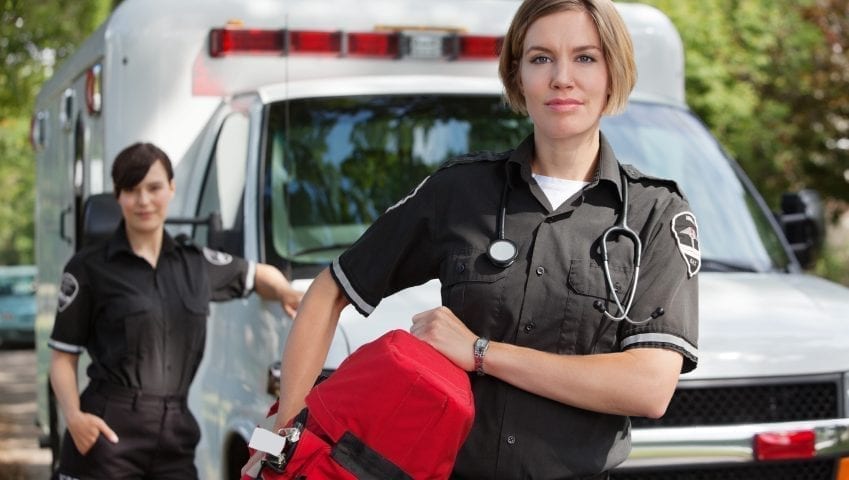Emergency medical technicians, or EMTs, are an extremely important part of our healthcare system. They act as first responders to emergencies and are responsible for providing medical care to those affected by crisis situations. Despite being highly skilled professionals, workers in this job undergo a significant amount of stress, which can sometimes weigh on their mental well-being. Banyan Treatment Center Boca Raton, FL, is spelling out the crucial nature of EMT mental health.
Addressing Mental Health in Emergency Medical Technicians
EMTs face a variety of challenges in their work on a daily basis. They are typically called to handle intensely high-stress scenarios, including car accidents, medical emergencies, and disputes. It is also worth considering the fact that EMTs work a job that consistently has them exposed to the suffering of others. Whether it’s death, loss, violence, or traumatic injury, this repeated exposure can have a profoundly negative effect on a person’s mental and emotional well-being. The traumatic events that they are regularly can also result in the development of post-traumatic stress disorder (PTSD).
The job has many working long or unpredictable hours, resulting in a lack of proper rest. This adds a physical element to the stress that many struggle with, as a lack of sleep can exponentially worsen mental health. The sad reality is that EMT mental health often goes unaddressed because of the stigma attached. Many EMTs also simply can’t find the time to prioritize their own well-being, a sad reality seen in many industries that involve caring for others.
So what can be done to address mental health concerns in EMTs? One important step is to provide training and resources to help EMTs recognize and address mental health issues. This can include education on the signs and symptoms of PTSD and other mental health disorders, as well as information on resources available for support. In addition, it is important to create a culture within the healthcare system that supports and encourages EMTs to seek help when they need it.
Breaking the Stigma of Mental Health for First Responders
First responder mental health commonly gets pushed to the side in order to get their very important jobs done. Whether it is an EMT, police officer, or firefighter, many of these brave individuals would pretend a problem is not there rather than address it. The reality is that leaving these situations unaddressed is even more likely to cause the problems that workers are trying to avoid. For instance, EMTs who are struggling with mental health issues may be less able to provide high-quality care to their patients, and their own well-being may suffer as a result.
Situations like these are why providing resources like peer support groups and education on mental illness is so crucial. Peer support groups provide a space for EMTs to connect with others who have had similar experiences and can offer understanding and support. These groups can be particularly valuable for EMTs who may feel isolated or misunderstood in their work environment.
For those in need of support, our Florida mental health services give patients who are struggling the chance to reclaim their lives from the disorders or thoughts that trouble them. Our Palm Beach rehab offers treatment programs at the residential level to give those in need a chance to fully immerse themselves in the recovery experience.
For more information on the programs and therapies we provide to our patients, call Banyan Boca Raton at 888-280-4763 today.
Related Reading









